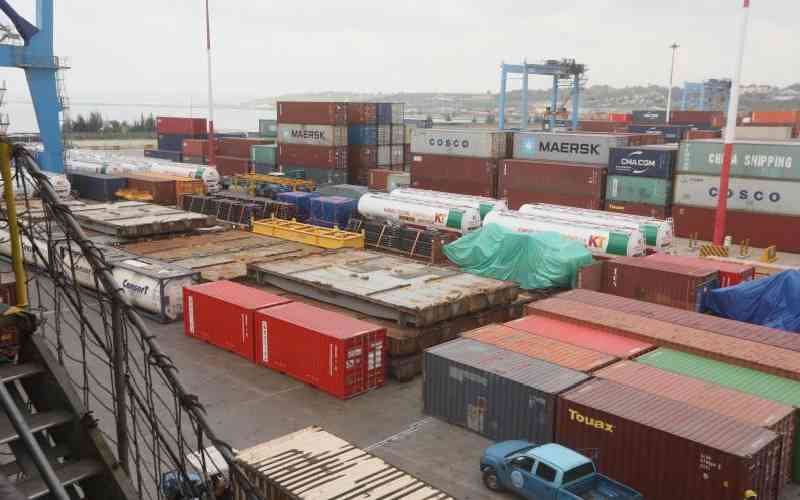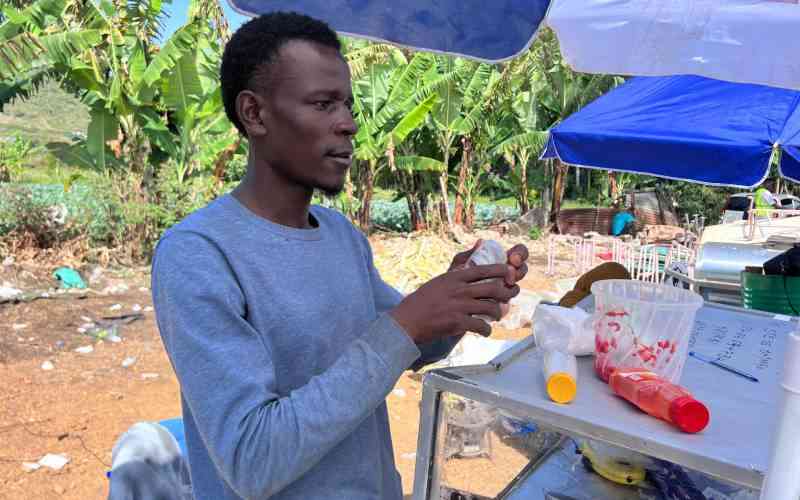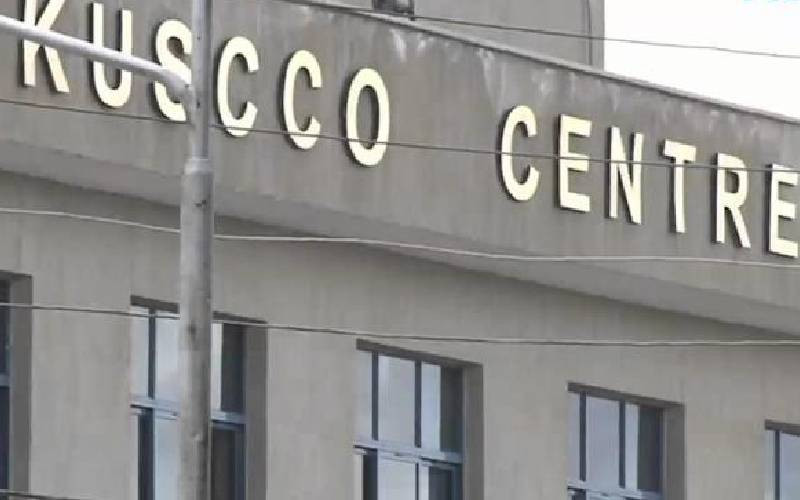
In September 2024, New York City Mayor Eric Adams was arrested over allegations of bribery and failure to disclose illegal campaign benefits from foreign corporations as required by the federal laws. He became the first sitting mayor to be arrested over corruption by federal law enforcement agents.
Part of the investigation processes included a raid at the mayor’s home and seizure of his mobile phone. This high-profile investigation was undertaken by the federal agents without any drama or hinderance from the Mayor’s Party, or his supporters.
If a similar exercise was to be executed by state agencies in Kenya, they would be visited with untold violence and the streets would be flooded with well-choreographed political polemics and drama to ostensibly sway public opinion and defeat the pursuit for accountability. It is now the norm rather than the exception to mobilise people to shout down law enforcement officers so as to disrupt them from carrying out their work.
The irony is that happens, corruption remains one of the biggest problems facing Kenyans according to several surveys. Kenyans want corruption addressed as a matter of priority. But again, judging by recent conduct, they don’t want any decisive action taken against anyone close to them. This remains the biggest conundrum in the fight against corruption.
The hard reality is that a high-profile suspect’s tribal, ethnic and political persuasion has now become a ready force to protect him/her against the call to accountability. The absurdity is that every Kenyan is a member of an ethnic community or a tribe and every politician has a known political leaning begging the hard question, how can institutions of governance work without being scandalised for targeting mtu wetu?
Kenyans should understand that not all people in public offices fulfill their oaths of office to safeguard public interest. That is the failure of democracy and thus the realities of public Choice Theory kicks in.
We must all understand that politically independent institutions, rooted in bureaucratic norms, were established to investigate the high-level criminality and malfeasance. The absence or weakness of such institutions of governance will certainly increase impunity and unfettered misuse of authority.
According to the authoritative book Why nations fail: The origins of power, prosperity and poverty, by celebrated economists and Noble Laureates Daron Acemoglu and James Robinson, the failure of a nation is precipitated by the weakened institutions of governance.
They argue that nations cannot survive the destructive force emanating from internal imperfections brought about by inadequacy of institutions to, among others, enforce the law, protect rights and check on the excesses of those in power. The public should beware that any attempt to weaken institutions of governance will be inimical to accountability and the fight against corruption.
The last thing the citizens of a country should do is to be part of the chorus that vilifies and scandalises independent institutions for political expediency. Power in its nature attracts big egos and if unchecked can be easily abused.
Further, Kenyans must appreciate that even after delegating their powers to State organs, including political institutions, they retain the residual power to question the conduct of such institutions through the established constitutional means. The use of brute force by destroying institutions’ tools and obstructing them from undertaking their duties is illegal and unconstitutional and only applies in failed states. It is a worrying and unquestionably despicable trend.
A country that brags of constitutionalism and respect for the rule of law should jealously protect its institutions of governance so established to safeguard public interest. The public should never resign to the level of cynicism and allow themselves to be used as tools for destroying the very institutions they painstakingly established for their own good. The people should refuse to be mobilised to defeat the process of justice and accountability.







